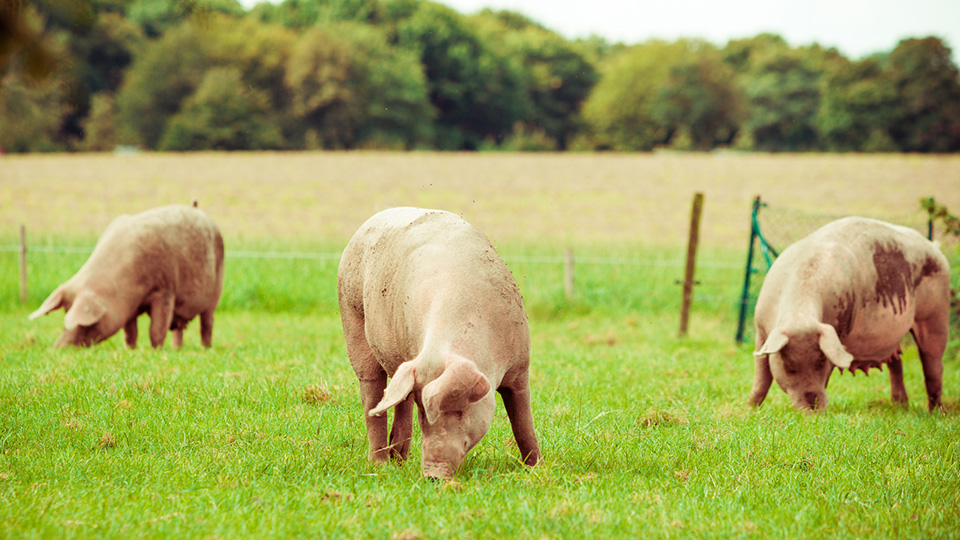Reposted from: https://www.mercurynews.com/2023/11/18/opinion-dont-let-congress-overturn-californias-animal-welfare-law/
November 18, 2023
Allowing pigs to turn around. It may seem like a modest goal, but it’s taken decades of advocacy for this basic humane standard to become law in California. Yet now, some politicians are doing anything they can to undo this work—including overturning elections—to achieve their goals.
Sen. Roger Marshall, R-Kan. and Rep. Ashley Hinson, R-Iowa, introduced the Ending Agricultural Trade Suppression (EATS) Act in June. This proposed legislation claims to “prevent States and local jurisdictions from interfering with the production and distribution of agricultural products in interstate commerce.” But what it really aims to do is overturn the results of California’s 2018 and Massachusetts’ 2016 ballot measures where voters banned outdated and cruel practices in farm animal husbandry.
The public is overwhelmingly in favor of humane treatment of livestock. The ballot measures EATS Act proponents are trying to overturn in California and Massachusetts garnered 63% and 78% support in the respective states. These commonsense laws ensure that egg-laying hens, mother pigs and baby veal calves aren’t confined in cages so small they’re unable to move.
These measures improved the lives of millions of animals, provided market opportunities for family farmers across the country who raise their animals responsibly, and motivated industrial-scale companies to improve their practices. For our company and many others, it helped to boost the number of suppliers that meet strong animal welfare standards.
Not everyone was happy with this progress. The National Pork Producers Council went so far as to sue to overturn the election results in California. They had a setback this spring when the U.S. Supreme Court upheld the legality of California’s election, ruling that our state’s humane law is indeed constitutional.
By introducing the EATS Act, defying the will of the voters is just the beginning. According to a report by Harvard Law School, the act would bring chaos to the marketplace, with potential ripple effects in consumer choice, food safety and animal welfare. It would slow the shift of both the pork and the poultry industries toward more humane, sustainable practices.
The animal welfare laws that the EATS Act seeks to disrupt are crucial for companies like mine looking to meet the undeniable consumer demand for more meat raised ethically and in an economically viable way. The mandated farm level practices and accompanying labeling help us do business better.
Lawmakers should look at the EATS Act with a critical eye. It is a race-to-the-bottom piece of legislation that undermines advances in humane treatment of animals, a key value for millions of consumers concerned with the ethics of where, how and by whom their food is produced. It’s bad for my company, for consumers, and for farmers who have already invested in better systems to improve animal welfare.
